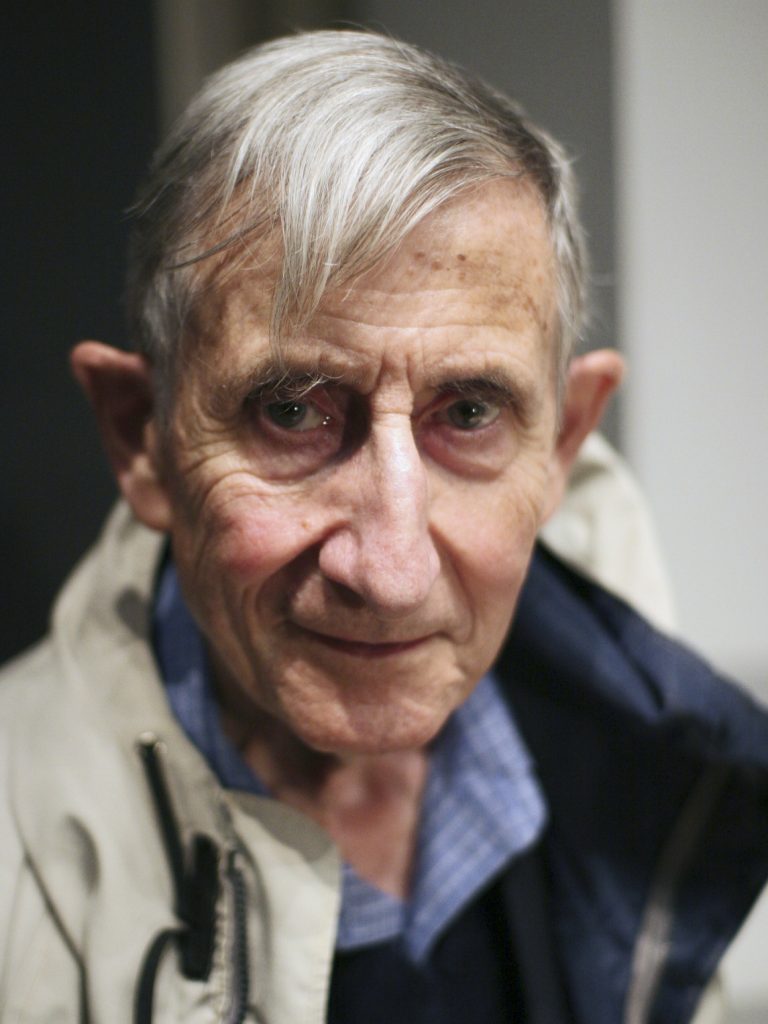
By his own description, Freeman was a frog:
Some mathematicians are birds, others are frogs. Birds fly high in the air and survey broad vistas of mathematics out to the far horizon. They delight in concepts that unify our thinking and bring together diverse problems from different parts of the landscape. Frogs live in the mud below and see only the flowers that grow nearby. They delight in the details of particular objects, and they solve problems one at a time. I happen to be a frog, but many of my best friends are birds.
What came to call birds and frogs he first labeled “unifiers and diversifiers.” Or so I gathered at his lecture on Michael Polanyi at UNC, back when I lived in Chapel Hill, long before I got to hang with Freeman at his daughter Esther‘s wonderful (and still missed) PC Forum conferences.
When I eventually got to talk Polanyi with Freeman, I also brought up Polanyi’s friend Athur Koestler, who in one of his own lectures said Polanyi was a brilliant thinker but a terrible writer. Both were birds, Freeman told me. But Freeman’s opinions of the two were divided as well. While he liked Polanyi’s work, especially around the role of tacit knowing and inquiry in science, he also had to agree with Koestler about the opacity of Polanyi’s writing. (Far as I know, Polanyi’s only memorable one-liner was “We know more than we can tell.”) And, while Freeman admired Koestler’s writing, he found some of it, especially stuff about parapsychology (a field in which I had also labored for awhile, and Freeman, naturally, knew a great deal),”delightful but wrong.”
Once time at LAX, long after Esther’s conference ceased, I ran into Freeman on a shuttle bus. He was connecting from a visit with family, he said, and iur brief conversation was entirely about his kids and grandkids. He was delighted with all of them.
Freeman worked tirelessly throughout his life, during which he starred in more than a dozen documentaries, wrote even more books, and made countless contributions to many sciences. Also, as an alpha frog, he raised at least as many questions as he answered.
It was out of character for Freeman to die, which he did last week at age 96. For me his death recalls what someone said of Amos Tversky: “death is unrepresentative of him.” The world is less without Freeman, but his body of work and the questions he left behind have value beyond measure.
Leave a Reply